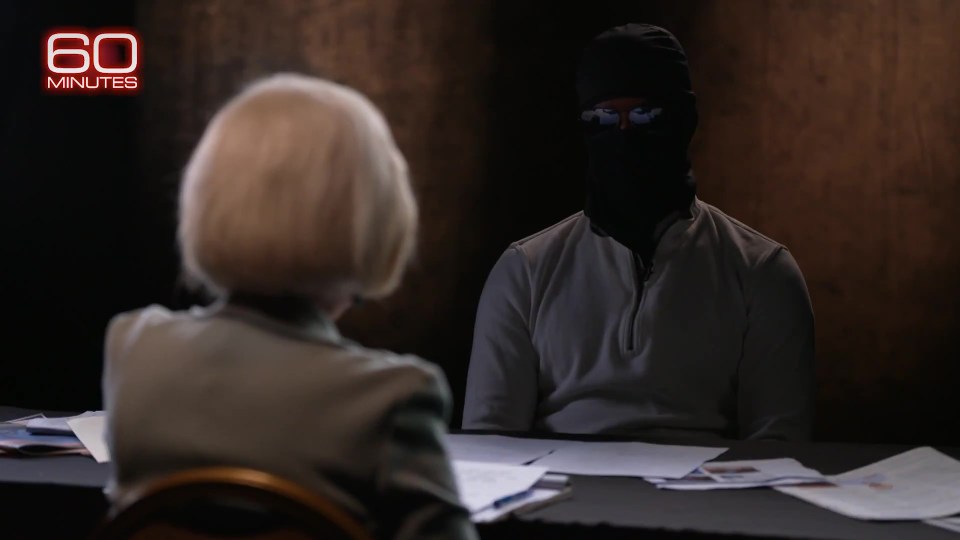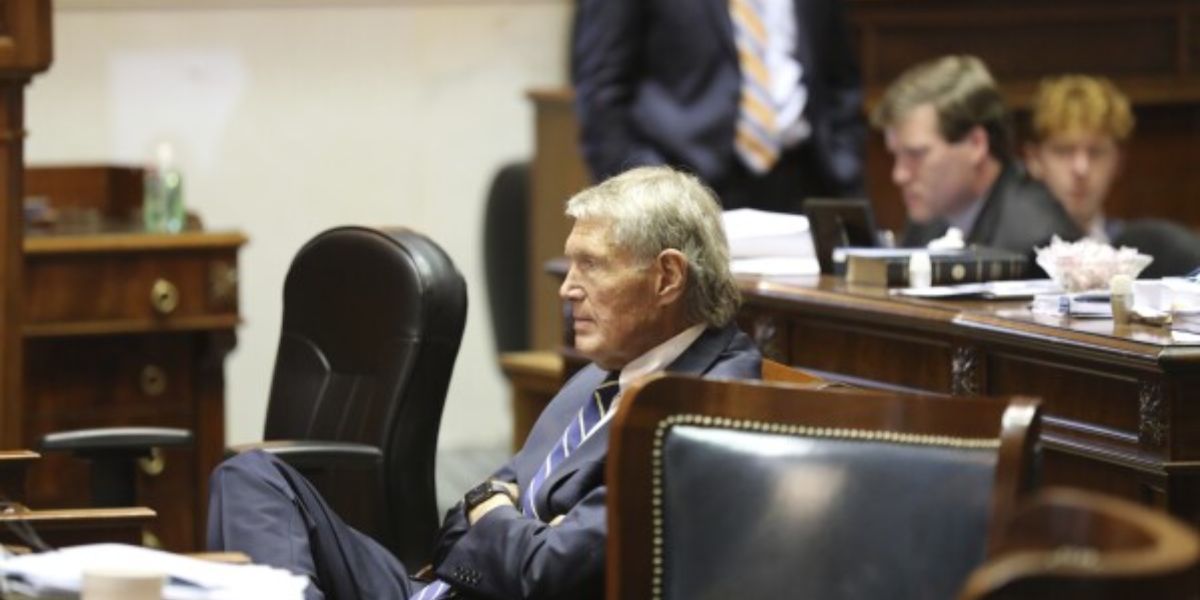South Carolina’s $15.4B Budget Gets Green Light Amidst Bathroom and Sports Funding Controversy
The South Carolina Senate adopted its budget Wednesday after debating issues such as requiring schoolchildren to use the bathrooms allocated to their sex at birth and whether universities can use public funds to move to another athletic conference.
The $15.4 billion budget for the coming fiscal year improves state employee and teacher salaries, allocates additional funds to construct and repair roads and bridges, and doubles a scheduled income tax cut to 0.2%.
It also sets up a clash with the House in the coming month or two, as the Senate’s plan does not include the House’s $500 million property tax rebate.
A group of three House members and three senators — likely including the leaders of each chamber’s budget committees — will have to work out the discrepancies. Last year, there was a month-long debate over how much money should be allocated to a new veterinary school at Clemson University.
Late Wednesday, senators added a one-year provision to the budget mandating pupils to use the bathroom assigned to their sex at birth and to stay in rooms shared by people of the same gender during overnight field excursions.
Read more: New SC Legislation to Nullify Charges for Actions Now Legal Under Revised Gun Laws
The idea received unanimous support from Republicans who voted. Democrats said that approving the idea after only a few minutes of debate rather than through a regular law was dangerous.
“This will undoubtedly expose our state to legal action. Democratic Senator Tameika Isaac Devine of Columbia stated, “We are willfully wasting taxpayer dollars to defend against something that will be found unconstitutional.”
Senators also addressed the issue of charter school operators utilizing state funds for themselves rather than education on Wednesday night, restricting the amount of money schools can spend on administration to 2%.
“They are hiring employees of the schools they authorize as consultants,” Democratic Senator Nikki Setzler of West Columbia stated. “This is wrong. And they don’t think the General Assembly will do anything.”
Senators debated small elements of the spending plan for more than a dozen hours over two days after the Senate Finance Committee approved the broad framework of the spending plan for the fiscal year 2024-25 earlier this month.
They passed an amendment that prohibits institutions from using state funds for entry costs, exit fees, or outside counsel fees if they attempt to change conferences. Clemson University is suing the Atlantic Coast Conference, its 71-year home for athletics, over what the school describes as the league’s “exorbitant $140 million” exit fee.
Senators also mandated that county libraries produce specific strategies on how they will keep improper content out of the hands of youngsters or lose all state funding. Supporters stated that libraries will not be punished if a child is exposed to adult material.
“They need to prove that they have a plan. The amendment’s proponent, Republican Sen. Josh Kimbrell of Spartanburg, stated, “They aren’t just throwing this stuff on the shelf and saying have at it.”
Also read: NJ Woman Awarded $20.5 Million in Discrimination Lawsuit Demands $1.6 Million in Legal Fees
Instead of $500 million in property tax rebates, the Senate bill proposes to spend $100 million to reduce the income tax rate most people pay in the state from 6.4% to 6.2%. The state is in the middle of a five-year campaign to reduce its highest income tax rate from 7% to 6%, and this shortens the timeline to four years.
Senators would spend the remaining funds on roads and bridges, municipal water and sewer system upgrades, and other projects.
The $500 million comes from a fund established to provide property tax relief. Sales tax is paid into the fund, and a surge in expenditure during and after the COVID-19 pandemic has left it wealthy with cash.
The House budget proposed giving the money back as a property tax rebate. However, county officials are concerned that property tax payments may rise again next year, angering residents.
Another difference between the House and Senate budgets is the amount of rise offered to state employees. Under the Senate bill, state employees earning less than $50,000 would receive a $1,375 annual rise. Workers earning more than that would see a 2.75% increase in wages. The House plan provides a $1,000 boost to those earning less than $66,667 and a 1.5% raise to those earning more.
Both houses agreed on several items, including a $200 million boost for teachers. Every teacher would receive a raise, and the beginning salary would be increased to $47,000 per year. The budget would also allow teachers to get a yearly raise for each of their first 28 years, rather than just the first 23.
The argument lasted so long that senators brought in food Wednesday night. After a 40-minute sandwich break, a few senators withdrew their proposals, including Democratic Sen. Margie Bright Matthews of Walterboro, who proposed a weight loss drug.
“Since we’ve eaten, I would move to withdraw that,” Matthews joked.
“If I had known that, we would have eaten earlier,” Republican Senate President Thomas Alexander of Walhalla said.











